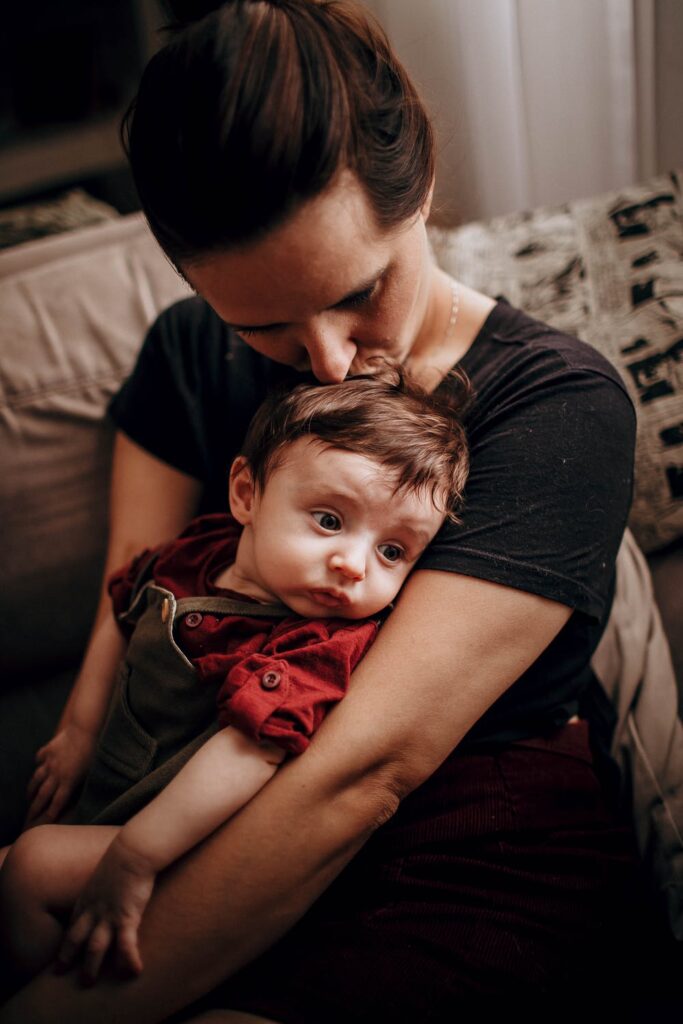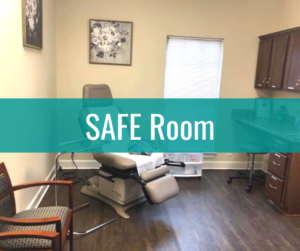As many as 15 million children and adolescents witness domestic violence between their parents or caregivers every year. Domestic violence is the willful intimidation, physical assault, battery, sexual assault, and/or other abusive behaviors as part of a systematic pattern of power and control perpetrated by one intimate partner against another. It includes physical violence, sexual violence, psychological violence, and emotional abuse. The frequency and severity of domestic violence can vary dramatically; however, the one constant component of domestic violence is one partner’s consistent efforts to maintain power and control over the other.
Domestic violence often occurs alongside child abuse and neglect therefore, its prevention is critical for child abuse prevention as well. The facts are alarming; 30 to 60 percent of children from homes where domestic abuse is present are also victims of abuse themselves. Parents who are stressed and burdened by being victimized are also at increased risk of neglectful or abusive parenting. Simply being witness to domestic violence, even beginning in utero, can severely impact development.
These children are at greater risk for repeating the cycle as adults by entering into abusive relationships or becoming abusers themselves. For example, a boy who sees his mother being abused is 10 times more likely to abuse his female partner as an adult. A girl who grows up in a home where her father abuses her mother is more than six times as likely to be sexually abused as a girl who grows up in a non-abusive home. Children who witness or are victims of emotional, physical, or sexual abuse are at higher risk for health problems as adults. These can include mental health conditions such as depression, anxiety, and PTSD. They are also at much higher risk for physical conditions such as diabetes, obesity, heart disease, and more.
The good news is that hope and healing is possible after the trauma of domestic violence or child abuse. The Domestic Violence & Sexual Assault Center, along with the Child Advocacy Center provides safety and supportive services at no cost to the victim.
“The Domestic Violence and Sexual Assault Center is proud to partner with the Children’s Advocacy Center to raise awareness about the critical issue of child abuse, violence in the home, and supporting child victims as part of the 19 Days of Activism,” said Kara Mischke, Community Relations Manager with The DVSA Center. “As community partners we strive to work together to address the issues of family trauma to assist in rebuilding healthy families. Implementing evidence based interventions, educating our community, and erasing stigmas so that those struggling may feel comfortable coming forward to seek the help they desperately need are core to the service provisions of the DVSA Center and Children’s Advocacy Center.”
Press release written in partnership with the Child Advocacy Center’s 19 Days of Activism 2020





